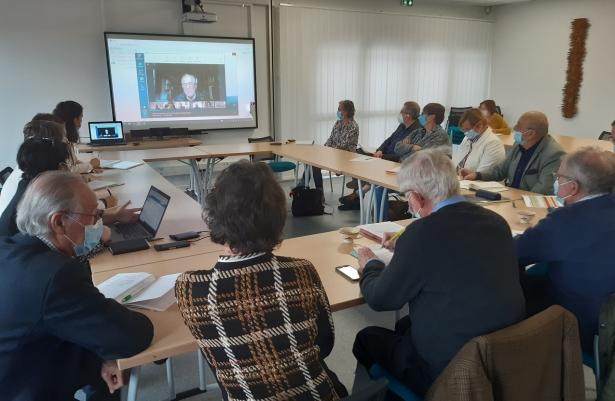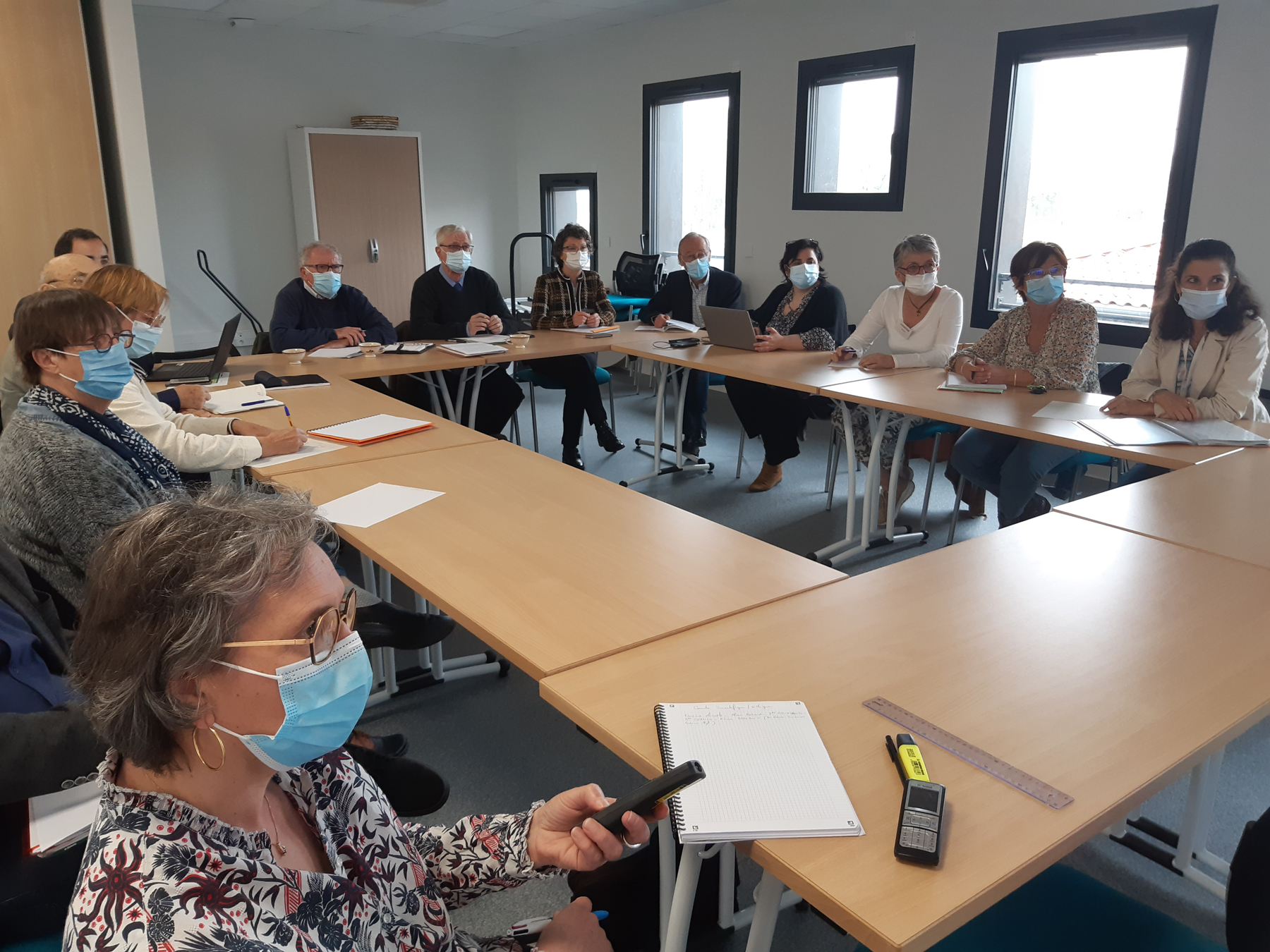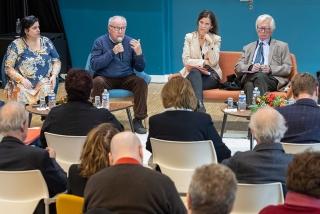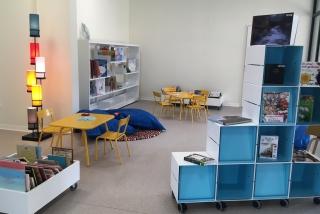To begin, Professor Jean-François Dartigues, president of the scientific committee notes: "The caution that we have observed in the face of covid has limited observations and studies at the Village, especially since people with Alzheimer's disease are statistically three times more likely to be affected by the virus.”
Indeed, the observational studies carried out by the INSERM and INNOV’PAD teams have been impacted. Professor Hélène Amieva details the progress of her quantitative study: “The interviews at +12 months are being administered, a year of work will still be necessary to finalize everything”. Consequently, intervention studies which consist in analyzing the implementation of new treatments or procedures in order to study their effects and which must be carried out later in order not to influence passive observations, can only begin in 2024.
Until then, all future research must be anticipated. Professor Dartigues explains that “between the demanding research protocols and the search for funding, the preparation time for a scientific study is approximately one year. »
Because there are many requests, as evidenced by doctor Gaëlle Marie-Bailleul, coordinating geriatrician and referent of the establishment: "Student research can be an interesting partnership for the Village, but according to what criteria do we decide an agreement or a refusal? " This is typically an issue that is part of the missions of the scientific committee. Decision is made: student research will be authorized within the framework of studies carried out in the establishment (internship dissertations, intern theses, etc.). On the other hand, it will not be possible to give a favorable response to the 300 spontaneous requests for individual dissertations received to date. However, the Village wishes, within the framework of its "resource" function, to propose a framework of general information making it possible to follow up on these various requests, a framework which could take the form of webinars organized by the Public Interest Group (GIP ), pilot of the experiment.




